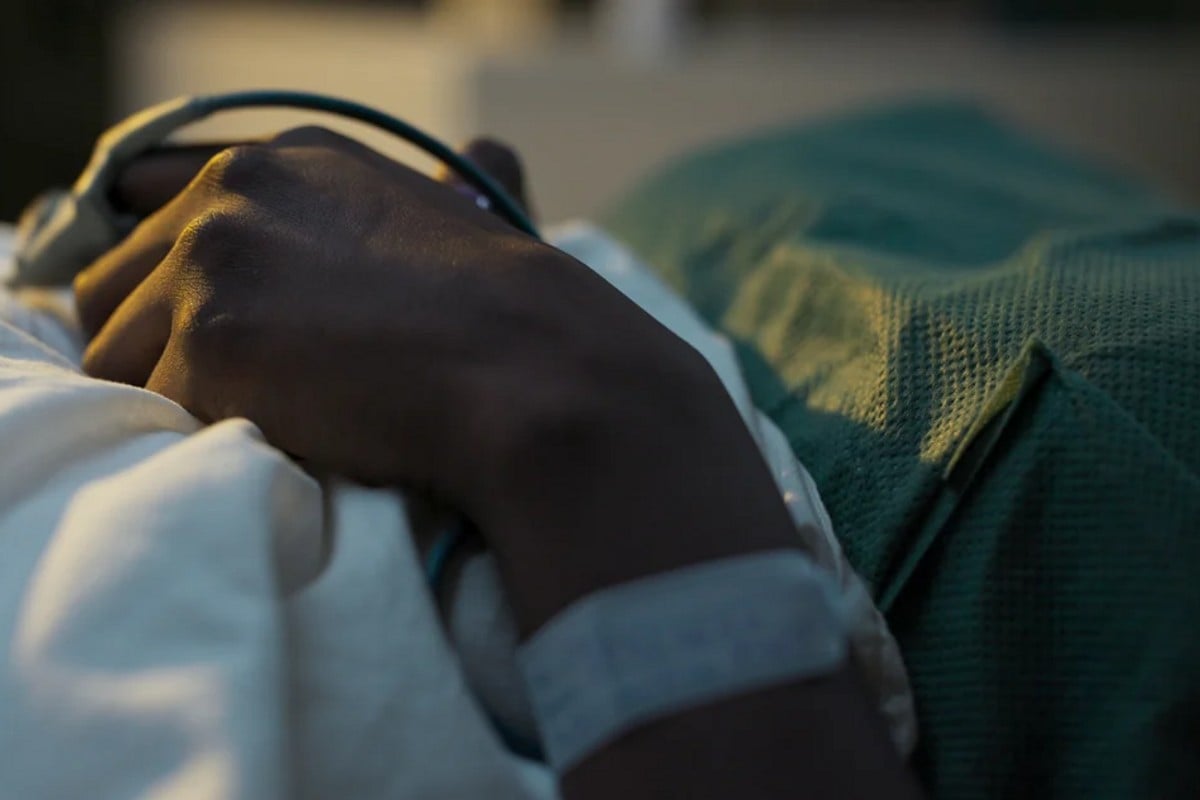
In February 2025, Adriana Smith — a 30-year-old nurse and mother — walked into a hospital with severe headaches. Like many women who seek medical advice, concerned about their health, Adriana was turned away and sent home without a CT scan.
By morning, her boyfriend found her gasping for air. When Adriana arrived back at the hospital, it was too late. She had suffered multiple blood clots to her brain, and was declared brain-dead.
For most people, this would be the painful end of a tragic story.
Watch: Houston Attorney Accused Of Drugging Pregnant Wife To Induce Abortion. Article continues after the video.
But Adriana was nine weeks pregnant. And in the state of Georgia, that meant her body was no longer her own.
Instead, Adriana's body was kept alive by machines. Not for her own healing. Not even for the comfort of her grieving family. But to serve as an incubator under Georgia's "heartbeat" law.
The Living Infants Fairness and Equality (LIFE) Act effectively grants personhood to a foetus once cardiac activity is detected — often around six weeks — banning abortion from this time.




























































































